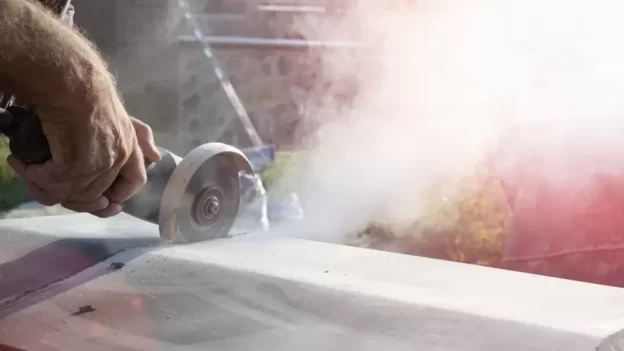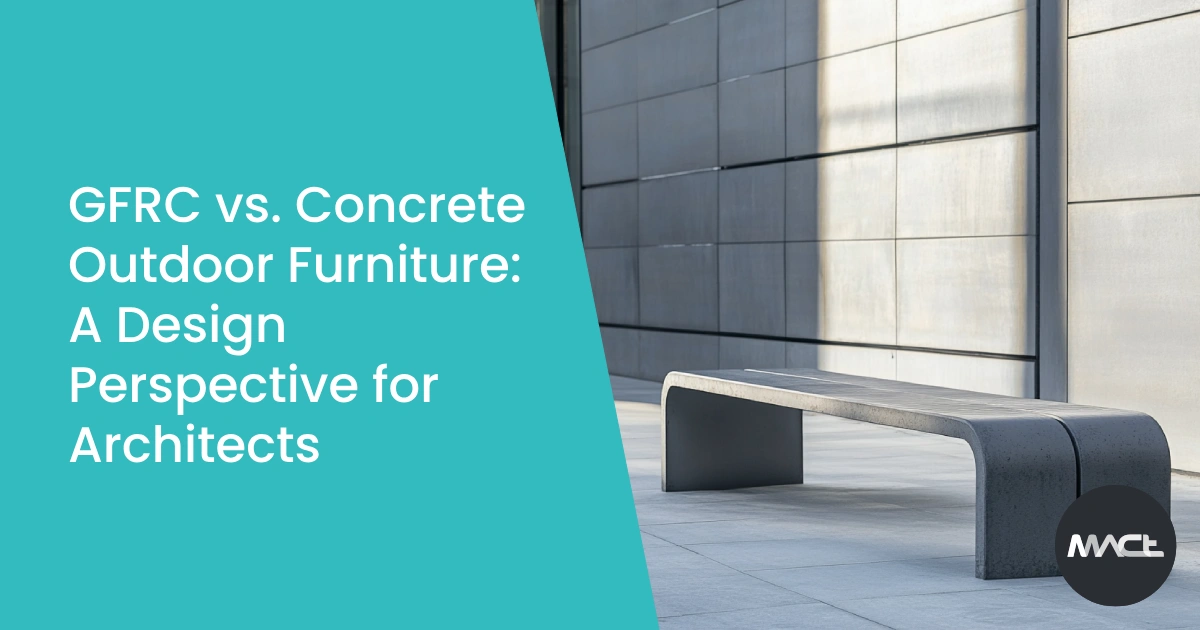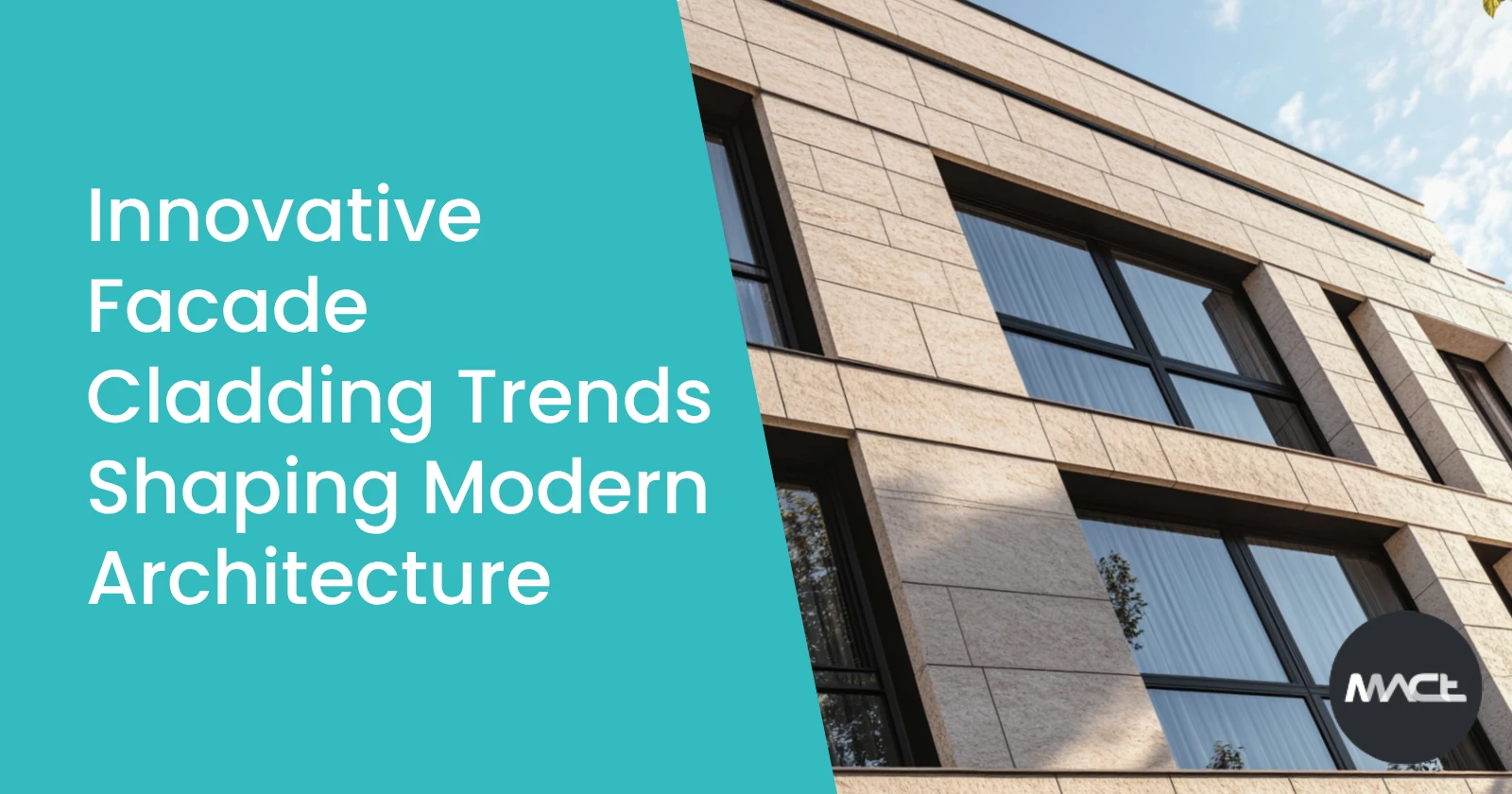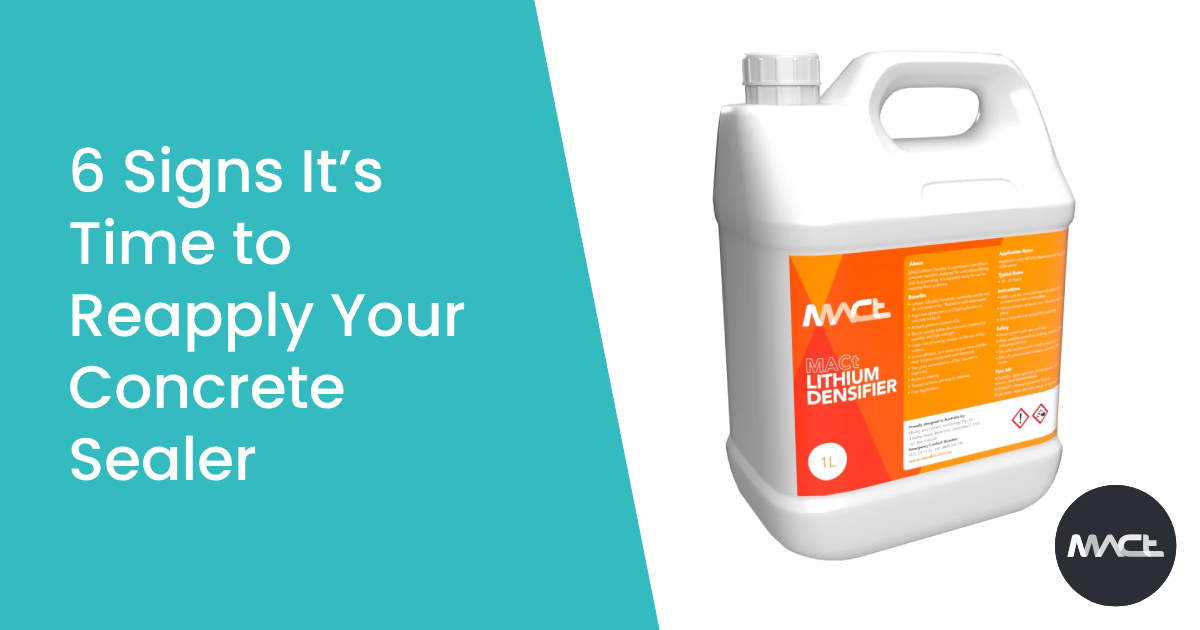Navigating Respirable Crystalline Silica Risks in Building Materials: The Emergence of Safer Alternatives
Respirable Crystalline Silica (RCS) is a pervasive substance in many traditional building materials such as concrete, bricks, tiles, and natural stone. Prolonged exposure to RCS dust poses severe health hazards, including silicosis, lung cancer, and chronic obstructive pulmonary disease (COPD). As regulatory measures tighten worldwide to mitigate or eliminate RCS in construction materials, the industry is embracing safer options, notably RCS-free GFRC premixes. This article delves into the health implications of RCS exposure and the advantages of adopting RCS-free GFRC premixes in the building sector.
RCS and Its Health Implications
Long-term exposure to RCS dust can result in a plethora of health problems such as silicosis, an incurable and progressive lung disease, lung cancer, and COPD. Silicosis symptoms, which can take years to manifest, encompass shortness of breath, persistent coughing, and chest discomfort. Besides, RCS exposure is a recognized risk factor for COPD, a group of lung conditions that make breathing challenging.
Regulatory Frameworks and Directives
Many nations have instituted regulations to curtail or eradicate the use of RCS in building materials. For instance, in Australia, the model Work Health and Safety Regulations obligates duty holders to manage RCS exposure risk in the workplace, which encompasses risk identification and assessment, implementation of control measures to reduce exposure, and monitoring control effectiveness.
Moreover, the Australian government has set national exposure benchmarks for Respirable Crystalline Silica. Currently, the Australian exposure standard for RCS is an eight-hour time-weighted average of 0.1mg/m3. Employers must ensure their workers’ exposure to RCS falls below this threshold.
RCS-Free GFRC Premixes: A Safer Alternative
Glass Fibre Reinforced Concrete (GFRC) premixes have emerged as a viable alternative to traditional concrete and other building materials. Owing to their lighter weight, increased strength, and enhanced durability, GFRC premixes are suitable for various applications. Additionally, GFRC premixes can be produced without RCS, thereby providing a safer environment for workers.
RCS-free GFRC premixes confer several benefits:
- Worker safety: Elimination of RCS from the mix decreases the risk of harmful dust exposure for workers.
- Regulatory compliance: GFRC premixes comply with regulations restricting or eliminating RCS in construction materials.
- Superior performance: GFRC premixes, lighter, stronger, and more durable than regular concrete, are suitable for a broad range of applications.
RCS-Free GFRC Premixes in Practice
RCS-free GFRC premixes are increasingly being used for in-situ terrazzo and terrazzo tiles. Terrazzo, a composite made of marble, quartz, granite, or glass chips set in concrete or resin, is favoured for its aesthetic appeal and durability, especially in flooring and countertops. GFRC premixes enable terrazzo production without RCS, making it a safer choice for workers.
Benefits of utilizing RCS-free GFRC premixes for terrazzo and terrazzo tiles include:
- Visual appeal: Terrazzo, with its unique and captivating appearance, is a preferred choice.
- Durability: GFRC premixes yield a robust and durable material capable of withstanding heavy traffic and wear.
- Safety: By removing Respirable Crystalline Silica from the mix, GFRC premixes foster a safer work environment for those involved in terrazzo manufacturing and installation.
Shifting to RCS-Free GFRC Premixes
Many engineered stone companies are transitioning to Respirable Crystalline Silica-free alternatives, partly due to stricter Respirable Crystalline Silica regulations in building materials and the advantages of adopting safer, more sustainable options. By switching to RCS-free GFRC premixes, businesses can meet operational needs, align with industry standards and regulations, and foster a safer working environment for their employees.
The Future of the Construction Industry
The potential for Respirable Crystalline Silica-free GFRC premixes to become the industry standard in construction is substantial. As more companies transition to safer and more sustainable alternatives, the demand for RCS-free materials is set to rise. Terrazzo companies engineered stone companies, and GFRC/GRC companies will be instrumental in driving this shift and creating a healthier future for the construction industry.
Wrapping Up
The health risks linked to RCS exposure in construction materials are significant. However, the solution is within reach: transition to safer alternatives like RCS-free GFRC premixes. These alternatives provide numerous benefits, including improved worker safety, regulatory compliance, and superior performance. We urge companies to make the shift to RCS-free GFRC premixes and join us in creating a healthier future for the construction industry. For more information on our Respirable Crystalline Silica-free products, please visit mandct.com.au.
For more information
Queensland: Click here
New South Wales: Read Here
Northern Territory: Safety and Prevention
Victoria: Crystalline Silica
South Australia: Chemicals Substances and Explosives
Western Australia: Crystalline Silica Engineered Stone Workplace





